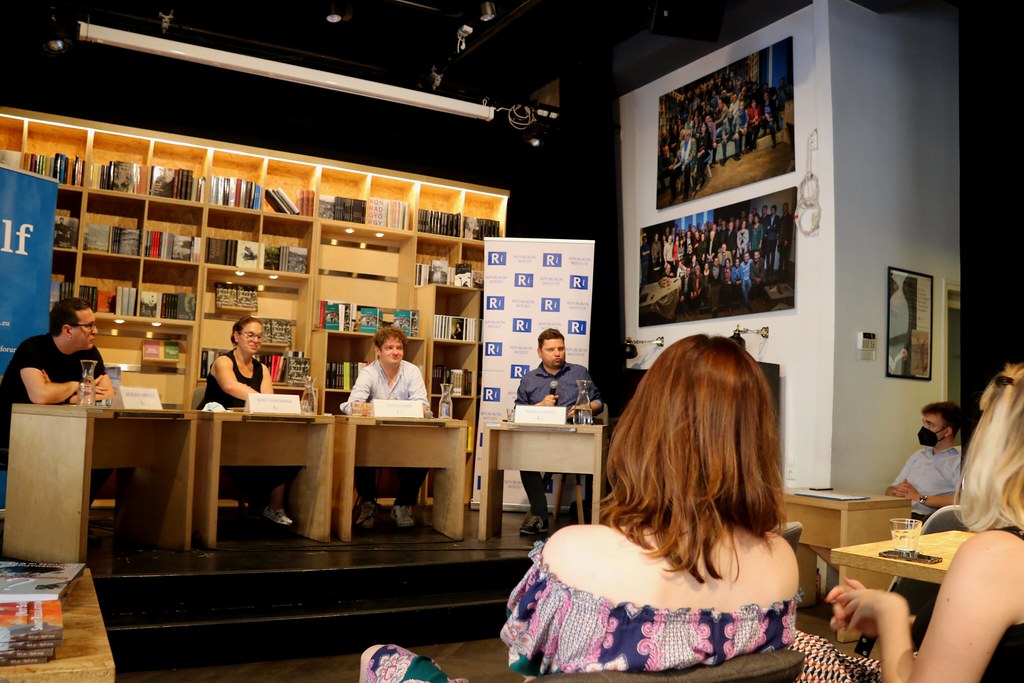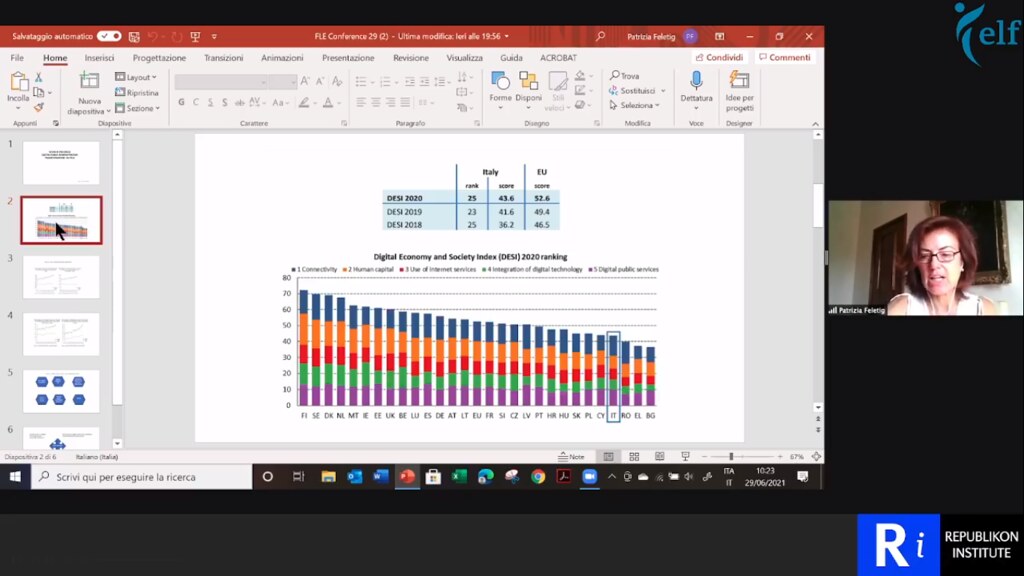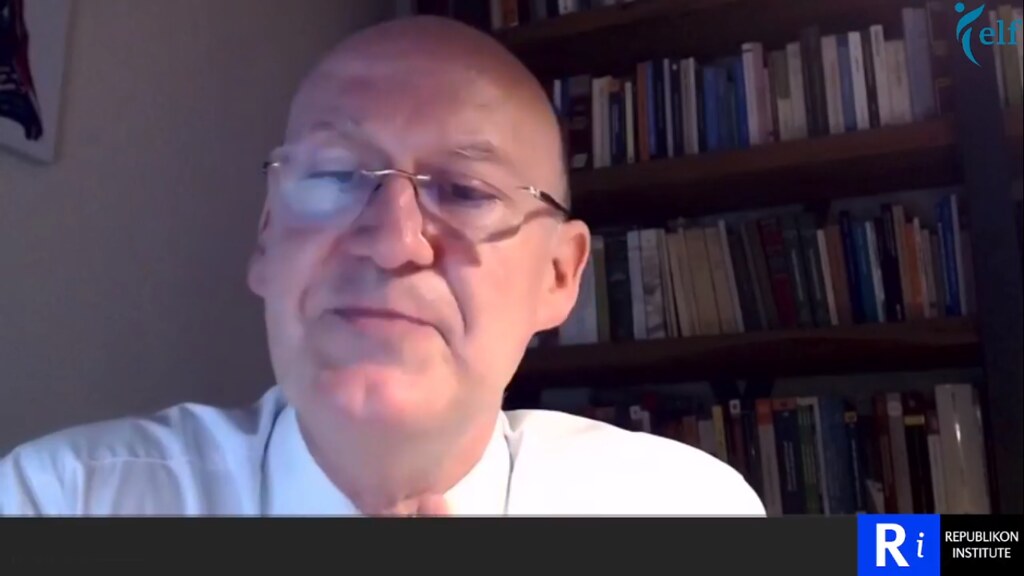

Republikon Institute and European Liberal Forum (ELF) organised an international conference with the aim of introducing political and social effects of digitalisation during the Covid-19 pandemic. Panellists around Europe contributed to the first half of the webinar in the form of an online roundtable discussion about the consequences of rapid digitalisation and its effects on liberal thinking in European countries. The second part took place semi-offline with the possibility the watch it online, where Hungarian panellists discussed how political communication changed during the pandemic.
The participants of the first part were Patrizia Feletig (journalist, Italy), Laura de Vries (Mr. Hans van Mierlo Foundation, the Netherlands), Ricardo Silvestre (Movimento Liberal Social, Portugal) and Márton Schlanger (Republikon Institute, Hungary), Dániel Mikecz ( Republikon) moderated the talk.
The conference was started with an introduction by Andrea Virág (Strategic Director, Republikon), followed by Marco Mariani’s (Board Member, ELF) outline of the different generations of digitalisation.
The main conclusion of the first part, with which all panellists agreed, was that the pandemic has shed light on important social and political issues that are deeply rooted in European societies. Some of these issues are the inequality of the different social communities in terms of access to online education (Patrizia Feletig), the existence of patriarchy, as women still do most of the chores (Ricardo Silvestre) or the issues of human rights as there have been problems with data-protection (Laura de Vries). Covid-19 has also offered a chance to politicians to show responsibility, but they blamed each other for the problems (Márton Schlanger). Apart from the common patterns, in other questions countries do deviate from each other, like in the level of willingness to physically go back to the workplace.
To the second part Marianna Bíró (journalist, Telex), András Murányi (Director of Communications, Párbeszéd) and Csaba Tóth (political scientist) were invited, the moderator was Dávid Király (leader of Republikon Budapest Műhely).
In the second part, all panellists agreed that political communication has changed during the pandemic since in-person press conferences and interviews have been reduced and many politicians now prefer to communicate on social media to avoid uncomfortable questions, even though an interview with a journalist can reach more people (Marianna Bíró). The purpose of news media has decreased to “crisis operation” as the main task is to communicate clear messages about what is happening (András Murányi). Another significant change is the breakthrough of formal communication in the absence of personal meetings that changes the negotiation dynamics of politics (Csaba Tóth).



















